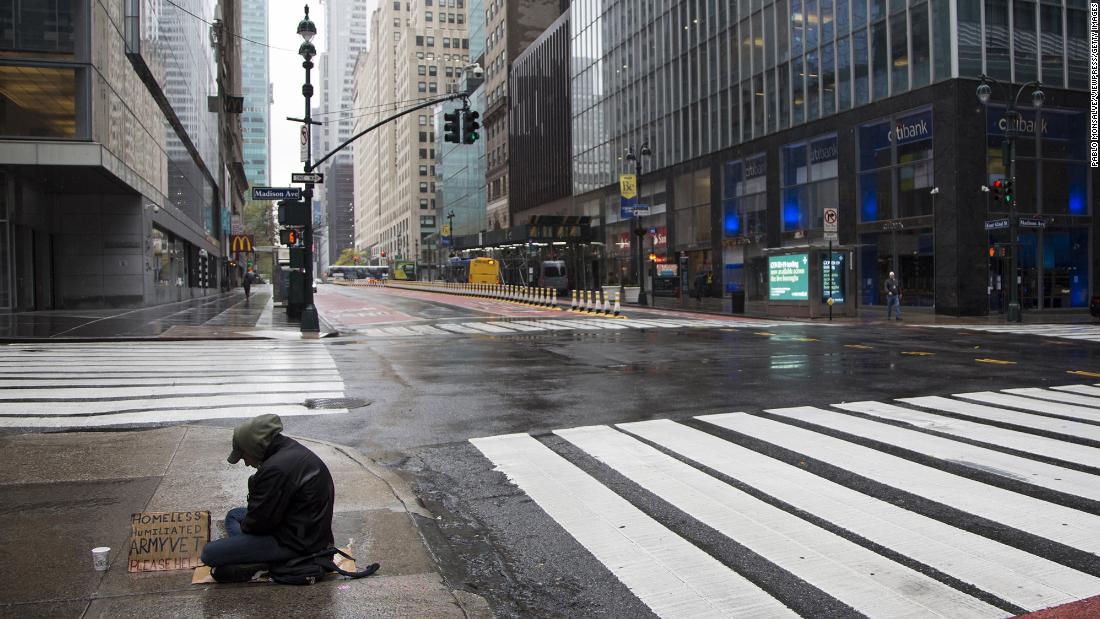More than a decade is how long it can take for the world’s poorest to recover, according to Oxfam International’s annual inequality report.
The report, released on Sunday before the World Economic Forum’s virtual meeting of political and financial leaders, usually held in Davos, Switzerland, describes the uneven impact of the virus around the globe. The pandemic can increase economic inequality in almost all countries at the same time, the first time this has happened, Oxfam found.
“We have seen the greatest increase in inequality since the beginning of records. The deep divide between rich and poor is proving to be as deadly as the virus,” said Gabriela Bucher, Oxfam’s executive director. “Rigid economies are channeling wealth to a wealthy elite who are riding the pandemic in luxury, while those on the frontline of the pandemic – shop assistants, healthcare professionals and market vendors – are struggling to pay the bills and feed themselves. table.”
The coronavirus, which has infected almost 100 million people and killed more than 2.1 million worldwide, has put inequality in the spotlight. The way people deal with the situation is different by race, gender and income.
For example, some 22,000 blacks and Hispanic Americans would still be alive, in December, if these groups died of the virus in the same proportion as white Americans, according to Oxfam.
And 112 million fewer women would be at risk of losing income or jobs if men and women were equally represented in the sectors affected by the pandemic.
Meanwhile, the wealthy are generally resisting Covid’s storm very well. Although the stock markets collapsed in the first months of the pandemic, they have backed down – thanks in part to unprecedented economic assistance provided by governments.
Worldwide, billionaires’ wealth grew by $ 3.9 trillion between mid-March and late December, Oxfam calculated.
But the number of people living in poverty globally could have increased by as much as 500 million last year, according to an article by the United Nations University’s World Institute for Economic Research for Development cited by Oxfam.
Other reports also found that the pandemic affected the poor a lot. A separate World Bank study in October found that the pandemic could lead up to 60 million people to extreme poverty.
To combat this growing inequality, governments must ensure that everyone has access to the Covid-19 vaccine and financial support if they lose their jobs, said Bucher. In addition, this is the time for long-term investments in public services and low-carbon sectors to create millions of jobs and ensure that everyone has access to education, health and social assistance, she said.
In the US, Oxfam urged Congress to approve an economic recovery plan that invests in green jobs and supports the daycare industry, which will help women get back to work and provide more help in the global fight against the pandemic.
“These measures should not be curative solutions to times of despair, but a ‘new normal’ in economies that work for the benefit of all people, not just the privileged few,” said Bucher.
President Joe Biden has proposed a $ 1.9 trillion coronavirus and economic aid package, which contains additional stimulus payments, unemployment benefits, and nutritional and housing assistance. He said he will reveal an economic recovery plan next month.
.Source
Related
